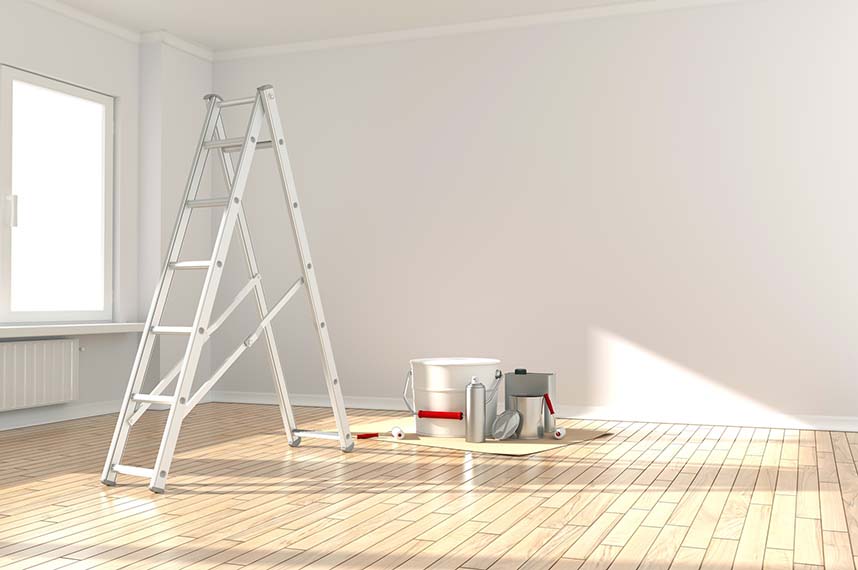Rental turnover is unavoidable, but having an efficient strategy in place will help with a smooth and quick transition from one tenant to the next. With a well-maintained property that is clean and fresh, you’ll start the relationship out right with your next tenant. Here are four tips to get your property ready for turnover.
Confirm You’re Getting the Best Rent for Your Property
Before marketing your property, evaluate the current rental market in your area. Are you getting the best price for your property? Determine how much rent you will need to charge to cover your expenses, including your mortgage, taxes, insurance, maintenance, repairs and vacancies. Then, balance this number with the rent being charged for comparable homes in the area. Research local real estate sites, including LongandFoster.com, and talk to your real estate agent for advice. Potential tenants will be comparison-shopping, so highlight the best features of your home to get maximum rent.
Get Your Home Ready for Its New Tenants
Complete any repairs, renovations or other maintenance work as quickly as possible to minimize the time that your property is vacant. When your tenants provide notice that they will be leaving, contact vendors to schedule work to be done shortly after the tenants vacate. Here are a few items you’ll want to do to get your home “rent ready”:
- Test heating, air-conditioning, plumbing and electrical systems
- Touch-up or repaint any walls as needed
- Check kitchen appliances
- Replace batteries in carbon monoxide and smoke detectors
- Change locks
- Schedule a professional cleaning
- Shampoo carpet
Set Yourself (and Your Tenants) Up for Success
Once the home is ready for move in, conduct a walk–through with your new tenants. Take pictures, document the condition of each room and share it with your renters. Have them sign and date the checklist. This allows you to compare the condition of the property when the tenant moves in to the property’s condition when the tenant moves out.
Maximize the Return on Your Investment
Track your expenses, so you’ll know how much you’re spending and can avoid unnecessary costs. Rental income must be reported on your tax return and some expenses are tax deductible. Keep all receipts for minor repairs, as well as for capital improvements, to get the most out of your tax deductions.
If this seems like a hassle, consider hiring a professional property manager. You’ll get the benefits of owning a rental property without the headaches.
